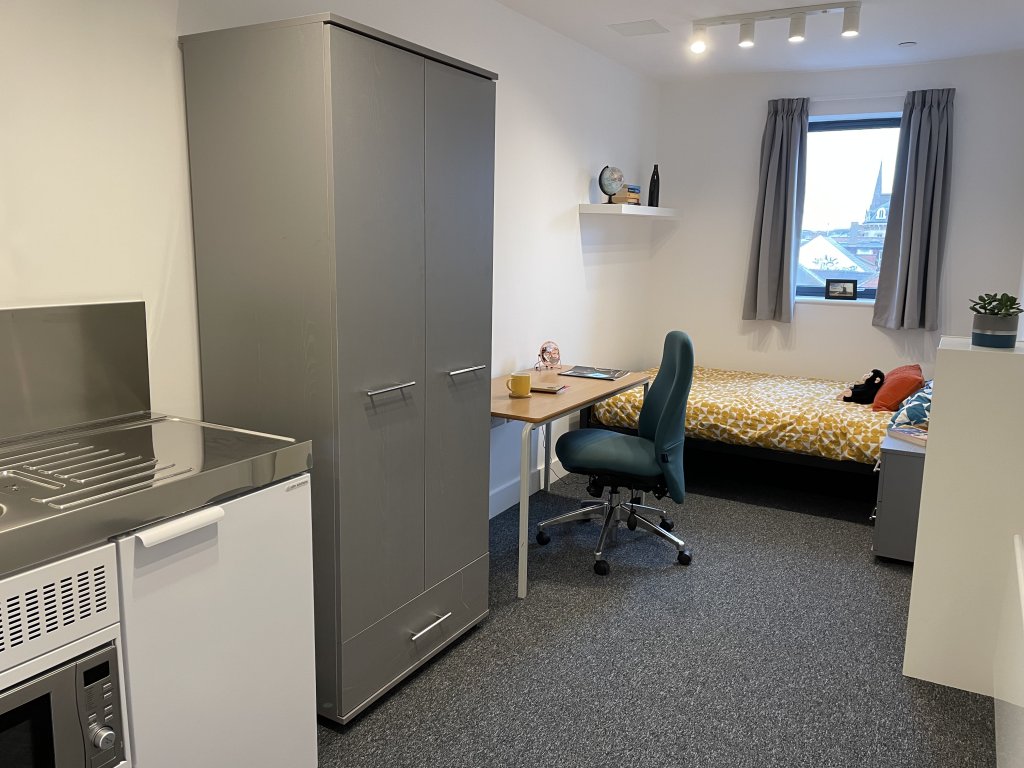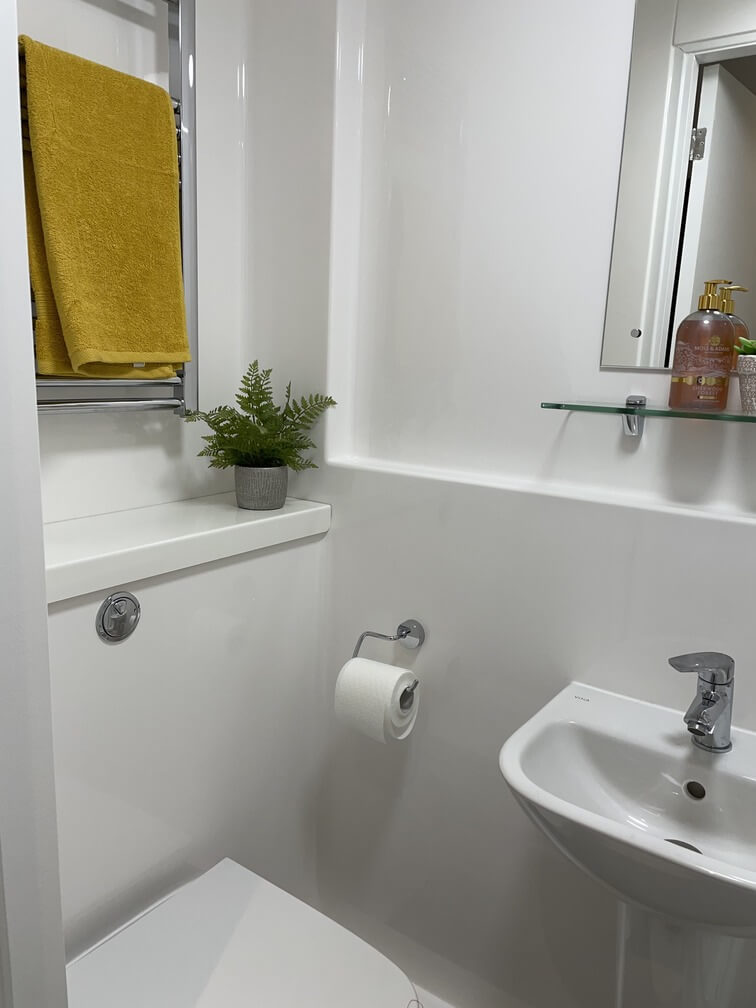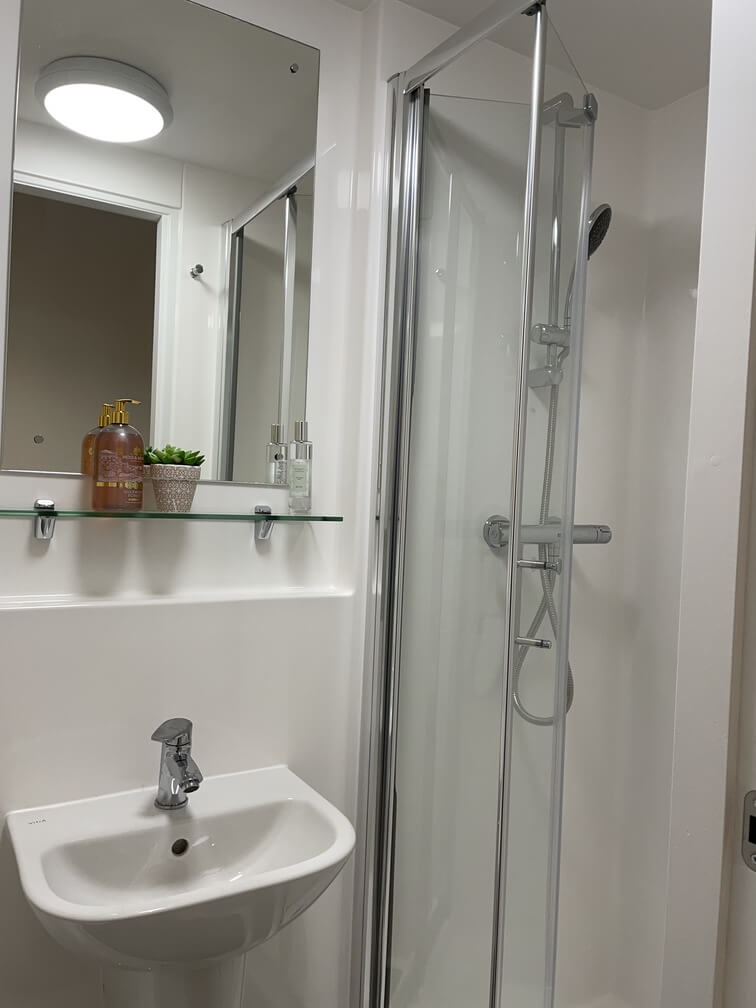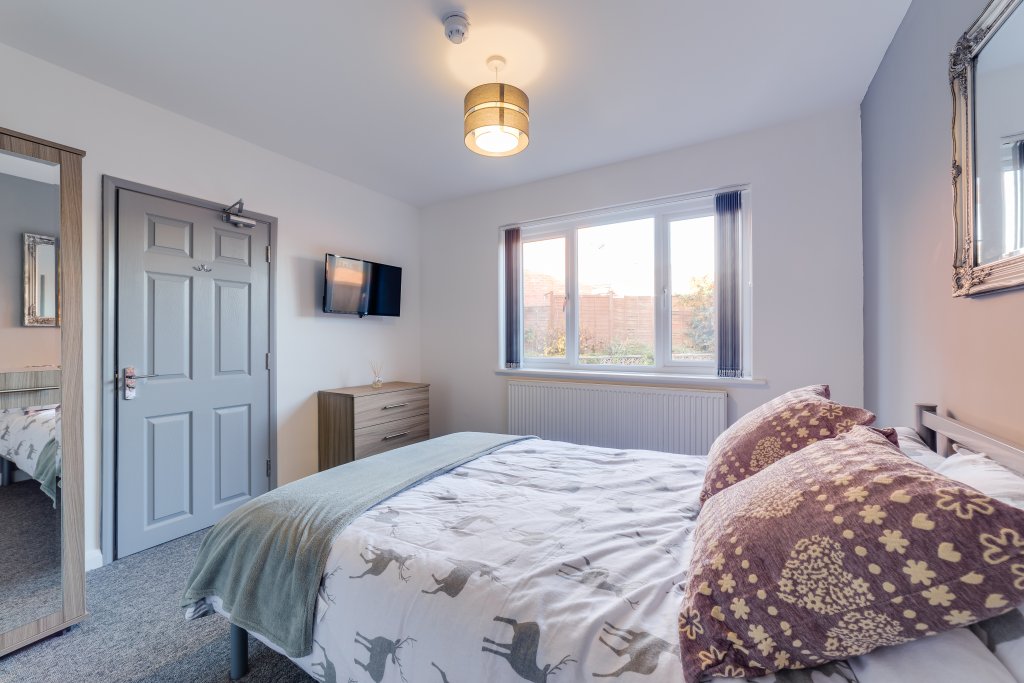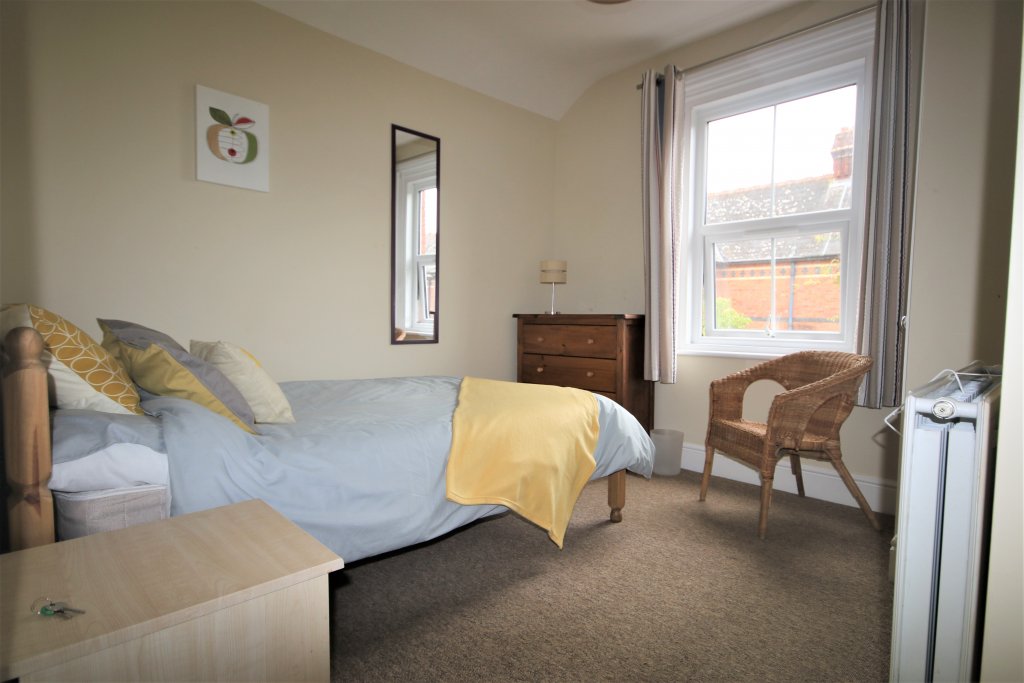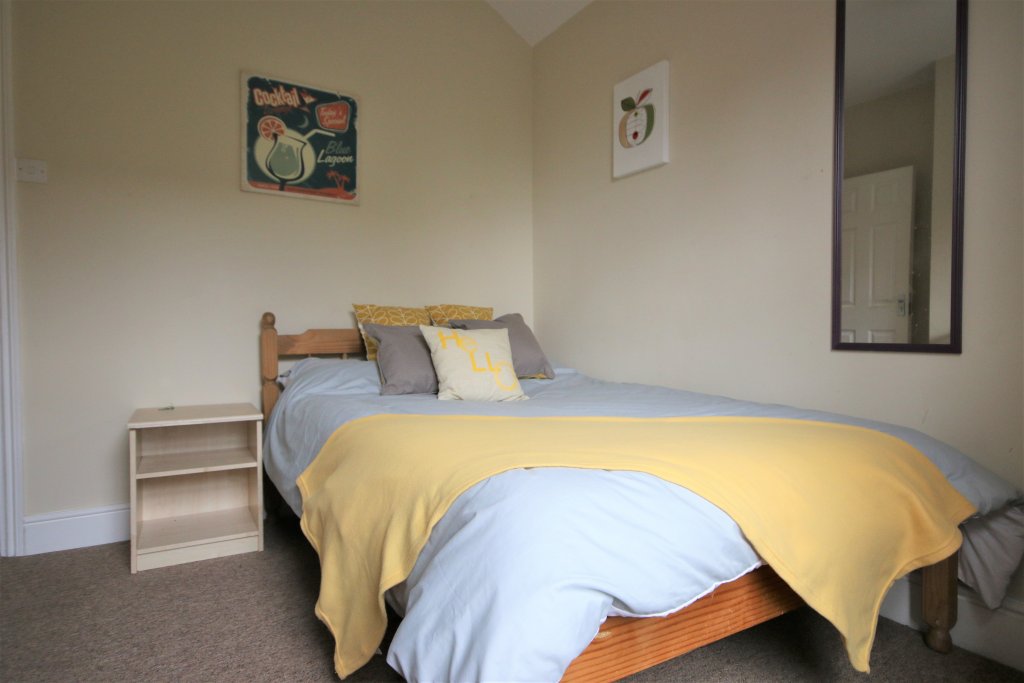7 Things HMO Landlords Need To Be Aware Of From The Ghost Of Christmas Present And Future

7 Things HMO Landlords Need To Be Aware Of From The Ghost Of Christmas Present And Future
Including Actionable Tips To Help You Prepare & Future Proof Your Portfolio
There have been a number of recent announcements and news for the HMO sector. And with even more changes on the horizon, the Ghost of Christmas Present and the Ghost of Christmas Future are here to help you!
Here are seven things you need to be aware of as a HMO investor and actionable tips to help you prepare and future proof your portfolio or business.
1. Making Tax Digital
We’ll get started with some good news! Landlords have been given an extra year to comply with Making Tax Digital regulation, which will now come into effect from April 2024. Making Tax Digital will impact a number of individuals and businesses, including landlords with personal or business income above £10,000 per year. This regulation will mean landlords will have to declare their income every three months through a software approved by HMRC.
Tip: While you don’t have to make the change to Making Tax Digital today, it’s recommended that you understand how to be compliant well in advance of the deadline, and consider whether you’ll need to hire an accountant to help you.
2. Renters’ Reform Bill
A white paper on the Renters’ Reform Bill was planned to be released in the autumn. However, the white paper has been put on ice until next year. The additional time is apparently needed to provide the opportunity to produce “a balanced package of reforms”.
The bill is expected to scrap Section 21 evictions, which will end landlords’ ability to evict tenants without a good reason. It also will likely give landlords more rights to remove tenants if they have a valid reason and deliver a lifetime deposit scheme for tenants.
Tip: Be prepared for the potential changes that could come forward within the bill and understand how these will impact your HMO portfolio. And of course, make sure you keep up with what ends up being announced.
3. EPC Ratings
In April 2020, it became mandatory for all rental properties to have a minimum energy efficiency of grade E. Recent proposals could require privately rented properties with new tenancies to have an Energy Performance Certificate (EPC) rating of C or above from 2025 and all tenancies by 2028.
With the new proposals, it may be worthwhile to start investing in energy efficiency improvements for your existing HMO properties now, particularly if your property is below grade C. Additionally, if you are considering buying a property with a lower rating, consider the costs of improving the rating when analysing the deal.
Tip: Start making energy efficient improvements when refurbishing your properties in order to future proof your HMO portfolio. A EPC report will provide a list of recommendations to improve a property’s energy efficiency performance.
4. Carbon Monoxide Detectors
Landlords have been required to provide working smoke and carbon monoxide alarms where applicable in their rental properties. Carbon monoxide detectors have been required in rooms where solid fuel is used.
In new proposals unveiled by the government, a carbon monoxide alarm should be fitted in any room with a fixed combustion appliance, which includes gas boilers or fires. It’s landlords’ responsibility to install, maintain and replace the alarms when told they’re faulty.
Tip: Tenants’ safety should always come first. Make sure you understand all of the legislation that comes with HMOs and keeping tenants safe in your properties as this is your legal responsibility as a landlord.
5. Rental Demand
In exciting news, demand for privately rented properties is at an all-time high, which has also led to rents rising at fast levels. Keep in mind that this is not the case for every part of the UK, which is why you need to ensure you’re doing your research and due diligence before choosing a location to invest in.
While it’s great that demand is also increasing for HMOs as young people are becoming more accustomed to house shares and are more transient than previous generations, more investors are also entering the HMO sector. This will create more competition, but don’t be fearful of this.
Tip: Be aware of what the competition is doing, and focus on producing a better product. Create high-quality, well-designed HMOs and provide a superior management service.
6. HMO Mortgages
A number of banks and lenders are adding more HMO mortgages to their offering, particularly as the COVID-19 pandemic caused them to pull many products off the market. In recent months, there have been a rise in the number of deals available, providing more opportunities for HMO investors.
Additionally, mortgages have been at record low interest rates, making debt cheap. However, this is set to end as rates are back on the rise. Many in the industry are anticipating the Bank of England to raise its base interest rate soon, which will make borrowing more expensive.
Tip: Prepare for how changing interest rates will affect you, and get yourself in a super lendable position. Make the bank feel comfortable and confident with lending to you. When that happens, they’ll lend to you for cheaper and longer.
7. Property Values
The total value of homes in Britain has soared by an impressive 20% in the last five years alone. And ultimately, property values are expected to continue increasing. If you already own a property or a full portfolio, they may have gone up in relative value, which provides the chance to earn capital appreciation.
On the flip side, with more investors moving into the HMO space, these kinds of properties are commanding a premium value. If prices keep rising, this means we’ll need to find more cash for deposits, and there will likely be less opportunities to secure higher-yielding assets.
Tip: Finding and appraising deals will require even more persistence and diligence moving forward. Ensure you know how to do this effectively, and plan for future changes in the HMO sector that could impact your profits.
Merry Christmas and Happy New Year









